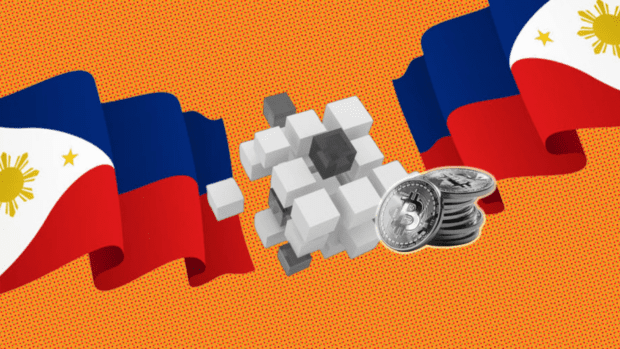
Photo Credit: www.analyticsinsight.net
MANILA, Philippines — Nineteen senators have signed a committee report on a measure that seeks to ensure faster and more transparent government services through digitalization.
READ: ‘Let’s keep up’: Estrada calls for enhanced e-government services, processes
Senate Bill No. 2781, which aims to enhance the delivery of government services through digital technology, was contained in Committee Report No. 297.
The report was prepared by the chamber’s panels on science and technology; civil service, government reorganization and professional regulation; local government; public information and mass media; as well as finance.
Those who signed the panel report are the following:
- Senate President Francis Escudero
- Senate President Pro Tempore Jinggoy Estrada
- Senate Minority Leader Aquilino “Koko” Pimentel III (signified his intent to interpellate)
- Sen. Alan Peter Cayetano
- Sen. Raffy Tulfo
- Sen. Lito Lapid
- Sen. Mark Villar
- Sen. Joel Villanueva
- Sen. Juan Miguel Zubiri
- Sen. Imee Marcos
- Sen. Loren Legarda
- Sen. Win Gatchalian
- Sen. Bong Go
- Sen. Pia Cayetano
- Sen. Ronald “Bato” dela Rosa
- Sen. Cynthia Villar
- Sen. Grace Poe
- Sen. JV Ejercito
- Sen. Bong Revilla
If the bill is passed into law, the Department of Information and Communications Technology will be mandated to create an E-Government Master Plan, which will act as a blueprint for developing and refining electronic government services, according to Sen. Alan Peter Cayetano, who heads the panel on science and technology. The plan will be updated every three years.
According to Cayetano, government systems, websites, and mobile applications will be “integrated and interoperable” should the measure become a law.
“This means government services will become faster and more efficient, including the processing of requests for birth certificates, passports, business permits, and driver’s licenses,” he said in a statement on Thursday.
Cayetano also said the measure proposes the following:
- Creation of an Online Public Service Portal which will serve as a venue for Filipinos to request information and assistance regarding government frontline services
- Development of an internet-based electronic payment system which will enable electronic transactions among citizens, businesses, and government agencies alike
“E-governance will enhance efficiency, reduce corruption, and make services more inclusive,” Cayetano said.
“All government offices will also be required to establish an E-Governance Unified Project Management Office to oversee ICT-related programs and projects,” he added.
READ: Philippine CBDC: How digital money might work in the country